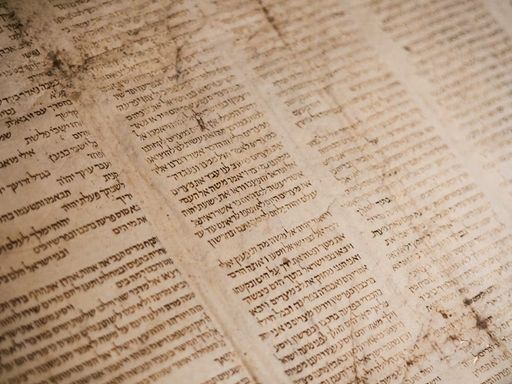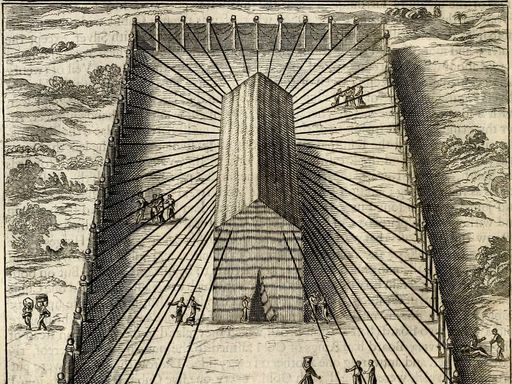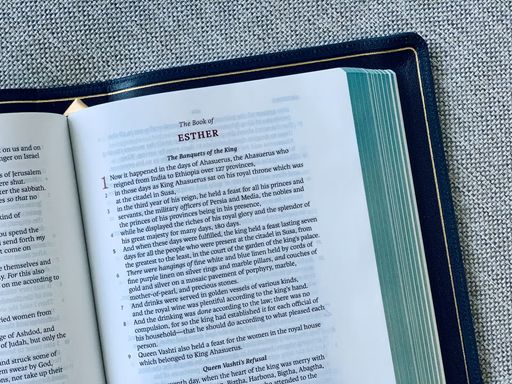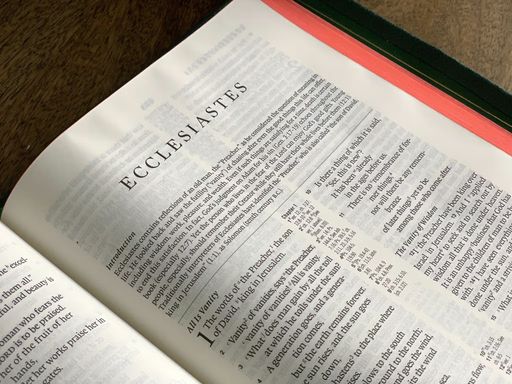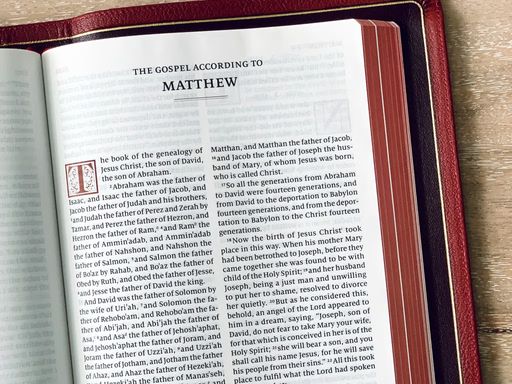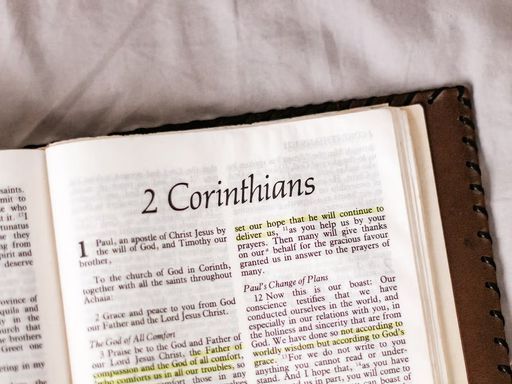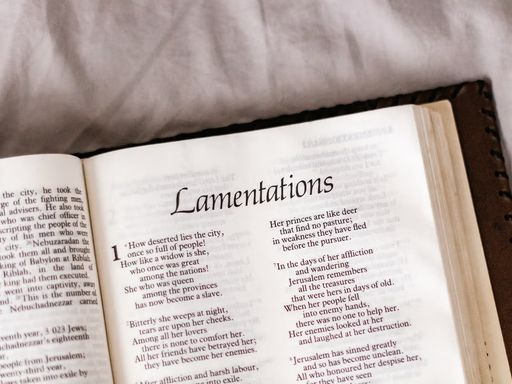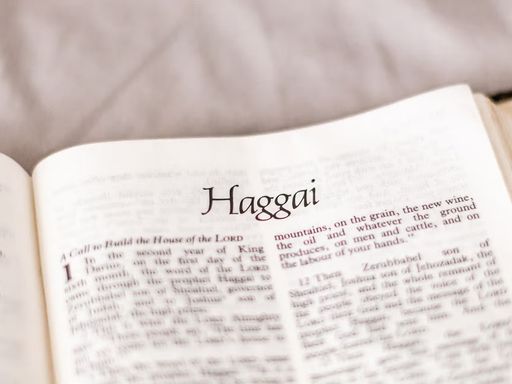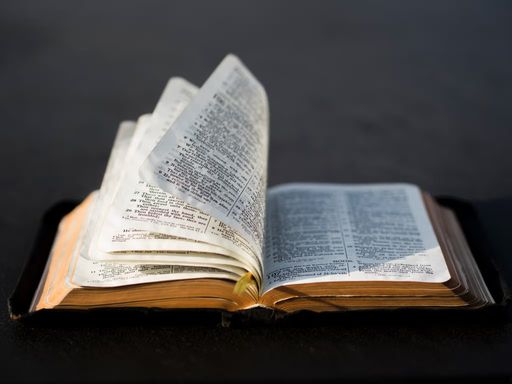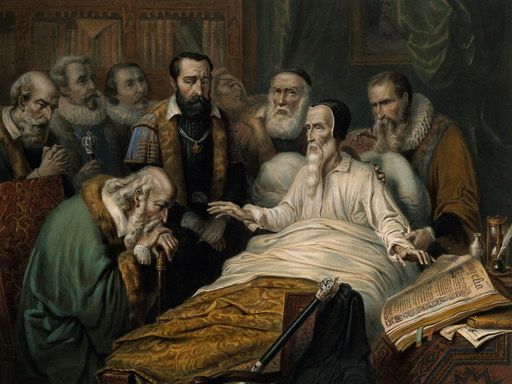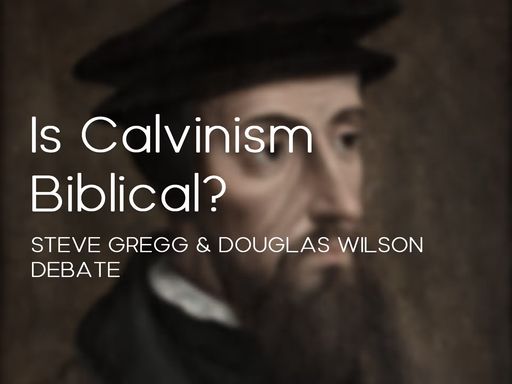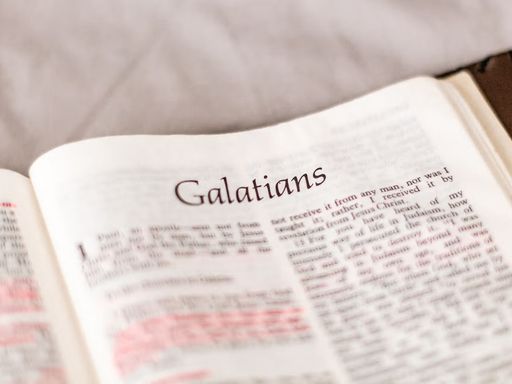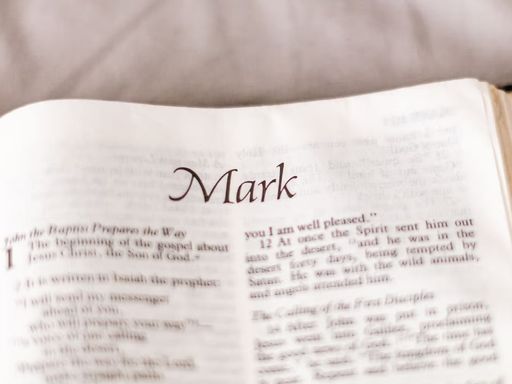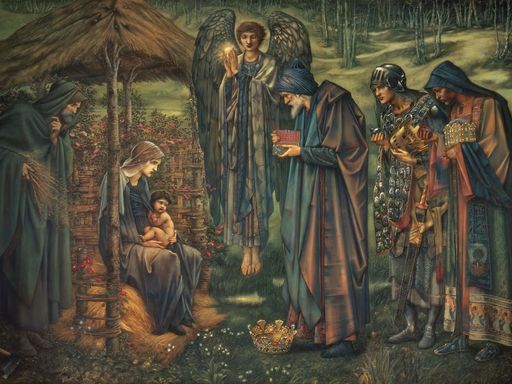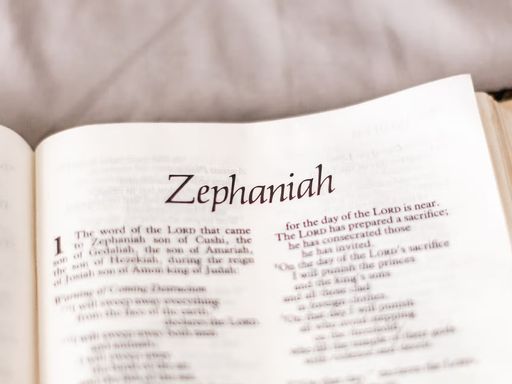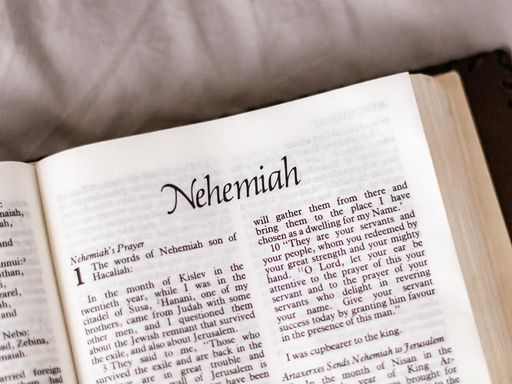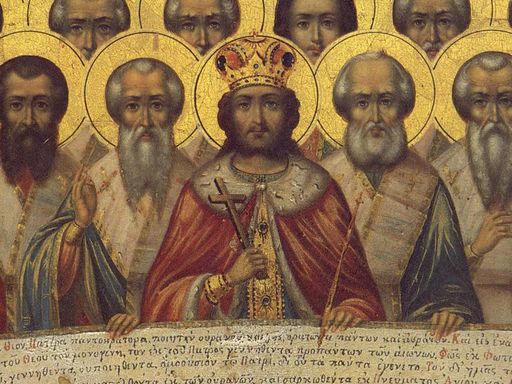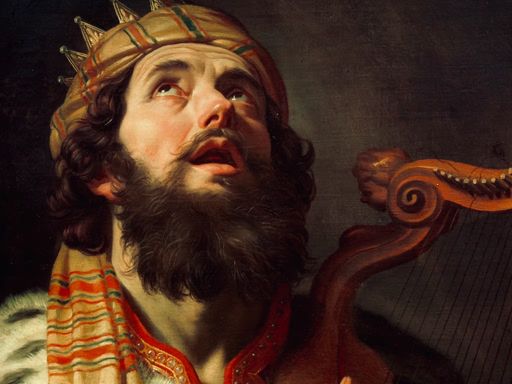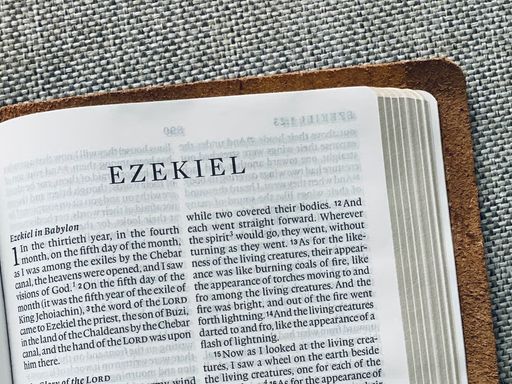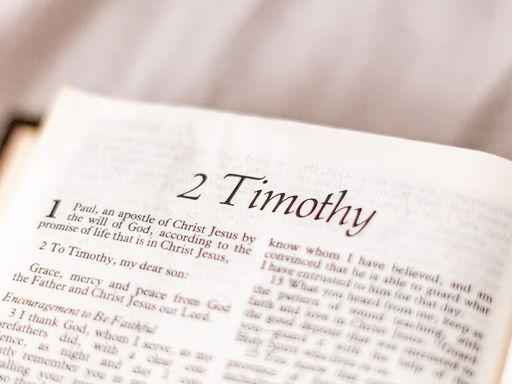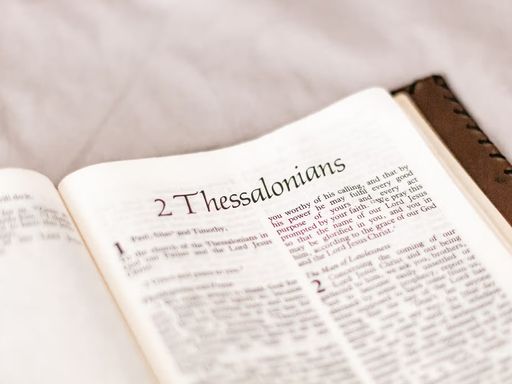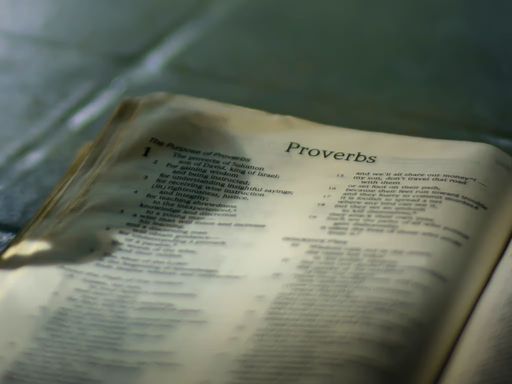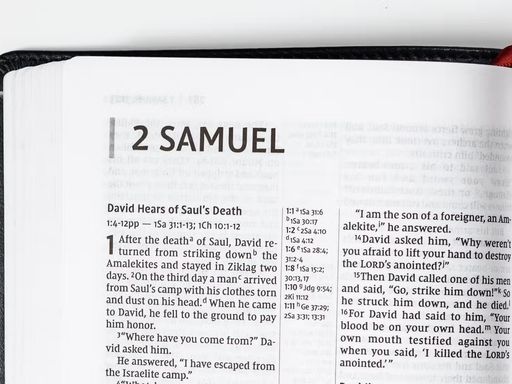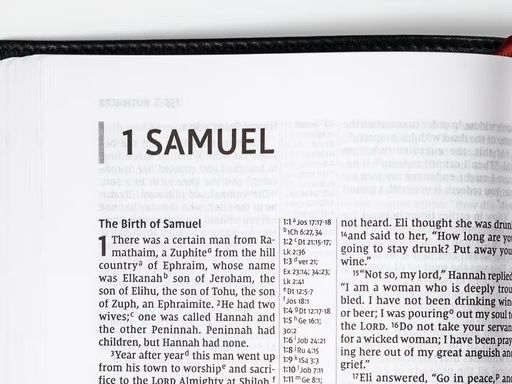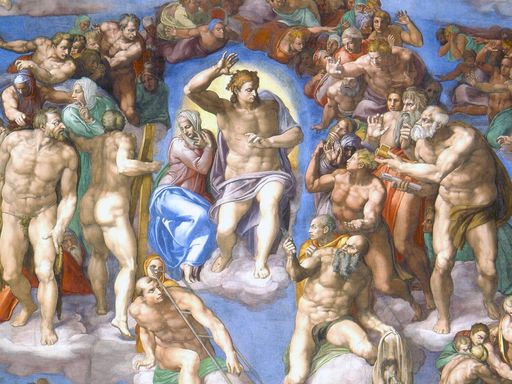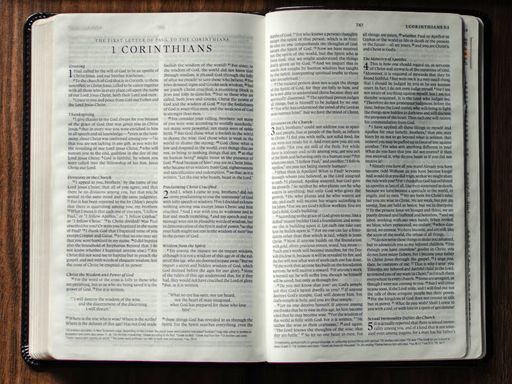
What Are We to Make of Israel
Steve Gregg
Steve Gregg explores the intricate implications of certain biblical passages in relation to the future of Israel, highlighting the historical context, the role of covenants, and the significance of faithfulness. This series provides a comprehensive Christian assessment of Israel's historical background and current status.

What Is Replacement Theology?
Replacement Theology, as explained by Steve Gregg, challenges the idea that Israel has been forsaken by God. Gregg engages with the work of David Hocking and examines biblical passages and notes that the early church leaders believed that Israel had been replaced by the church, which led to increase

Abrahamic Covenant (Part 1)
Steve Gregg explores the Abrahamic Covenant, discussing its significance in relation to the land and the seed promised to Abraham. He challenges the common assumption that supporting Israel means unquestioningly supporting its claims to the land, suggesting that the covenant should be understood in

Abrahamic Covenant (Part 2)
This segment explores the significance of circumcision as a sign of the Abrahamic Covenant. The speaker emphasizes that circumcision marks one as part of the covenant, regardless of biological relation to Abraham. However, the speaker argues that the true meaning of circumcision extends beyond the p

The Sinaitic Covenant
"The Sinaitic Covenant by Steve Gregg explores the divine mandate of the nation of Israel and its connection to the Abrahamic Covenant. Gregg emphasizes that the covenant made with Israel is conditional, unlike the unconditional promises made to Abraham. He highlights the importance of obedience and

The Davidic Covenant
Explore the profound concept of the Davidic Covenant as presented by Steve Gregg. This biblical teaching sheds light on the relationship between ethnic Israel and the nation of Israel, delving into the distinctions between them. Gregg examines how Jesus, as the seed of Abraham, fulfills the covenant

The Future of Israel (Part 1)
Steve Gregg explores the future of Israel by examining the various covenants that define their relationship with God. By delving into both the Old and New Testaments, Gregg emphasizes the importance of understanding the extensive scriptural references made by the Apostles. He sheds light on the Jewi

The Future of Israel (Part 2)
Steve Gregg discusses the concept of the New Covenant in relation to the future of Israel. He argues that the new covenant, which Jesus made with his disciples and the church, does not support the idea of two separate new covenants. Gregg also explores the interpretation of Old Testament prophecies

The Future of Israel (Part 3)
Renowned theologian Steve Gregg explores the intricate implications of certain passages in relation to the future of Israel. He examines multiple biblical verses that employ the word "until," suggesting a temporary rather than permanent curse on Jerusalem. Gregg argues that God has not forsaken the

The 70 Weeks of Daniel (Part 1)
Join Steve Gregg as he delves into the fascinating topic of the 70 Weeks of Daniel, exploring Daniel 9:24-27 in detail. This passage, universally recognized by scholars, discusses a period of 70 weeks, or 490 years, where significant events will unfold. Gregg examines the various interpretations of

The 70 Weeks of Daniel (Part 2)
Steve Gregg delves into the interpretation of the 70 Weeks prophecy in Daniel 9, discussing the significance of the sacrifices and offerings ceasing, as well as the identity of the prince mentioned in the text. Contrary to a literalist interpretation, Gregg argues that there is no 2,000 year gap bet

The Modern State of Israel (Part 1)
Steve Gregg presents a comprehensive overview of the modern state of Israel, providing a Christian assessment of its historical background and current status. Gregg lays out the facts surrounding Israel's establishment and maintenance in the Middle East, tracing its origins back to the promise made

The Modern State of Israel (Part 2)
Steve Gregg explores the historical context of the modern State of Israel, highlighting the influence of Zionism and America's involvement through dispensationalism. He emphasizes the role of figures like Theodor Herzl and Rev. William E. Blackstone in shaping the Zionist movement and garnering supp

